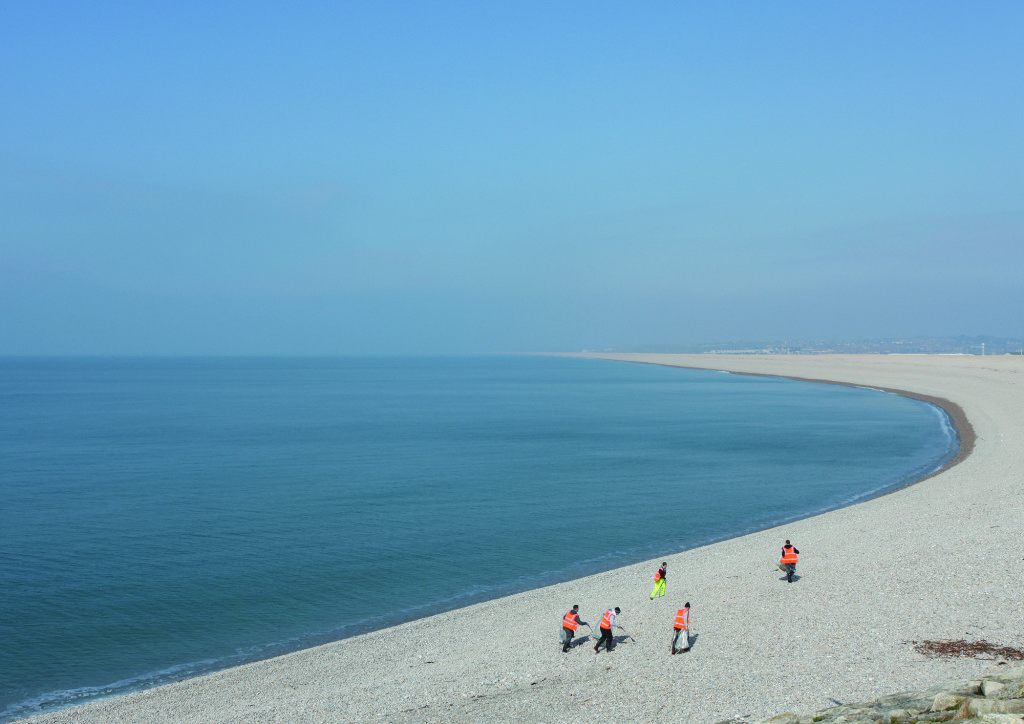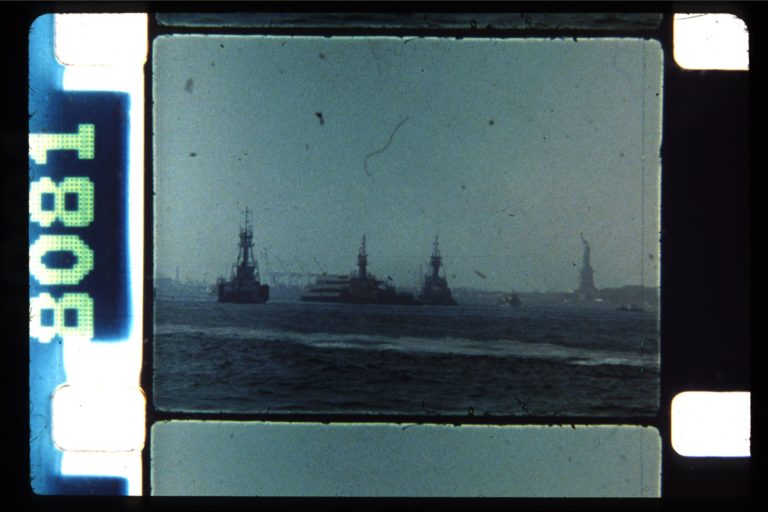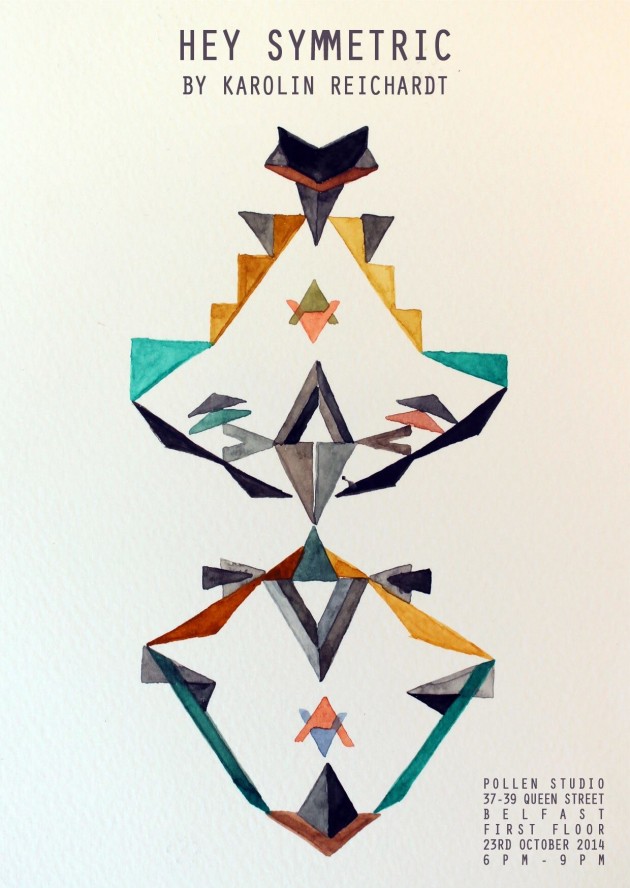While the threat of Nuclear war, and the fear of immediate death via a trigger happy world leader, has been trust to the fore of public consciousness in recent months, the threat and danger of chemical warfare via secondary means – the manufacture, storage and disposal of weapons – has been a real and constant concern for over a century. In America the issue over where to store nuclear waste has remail unresolved since the Manhattan project began, with initial efforts of dumping barrels into the waters around New Jersey so unbelievable in the context of modern knowledge that it borders on hilarity. The Russians have fared no better, with waste unceremoniously dumped in seas around Norway, while climate change has also seen attempts at solving the problem by burying it in icy tombs at risk of resurfacing.
Closer to home, and Britain is another world power who’s early foray into chemical weapons during World War I has presented itself with a problem a century on. This history, established damage and potential for future harm was detailed by the Ministry of Defence in the 2011 report titled – Nuclear Liabilities: Management Strategy. It is this report that served as a departure point for artist Dara McGrath to explore the impact that these sites, which are considerable in their size, have had on the landscape and communities they occupy.
McGrath’s work, titled Project Cleansweep, sees him document sites you might anticipate, such as military bases and facilities, but also unexpected spaces, including holiday parks and local shops. His photographs interrogate the history of these places and their almost transient existence between the past and future. Often these places are discussed in terms of containment, entrapment etc. rather than in terms of exploration and dialogue, something McGrath address through his work. Ownership with these places presents a complex, and often conflicting, relationship. State ownership prevails, and while we the people are the state, the idea that we can claim these spaces in the way we view parks and galleries is clearly not apparent, and often not desirable. McGrath raises challenges towards our concepts of ownership in this work, and these are challenges you will carry with you postscript.
Project Cleansweep continues in Sirius Arts Centre until November 22nd, with more details available online here.
Image © Dara McGrath – Chesil Beach, Lyme Bay Dorset 2016







